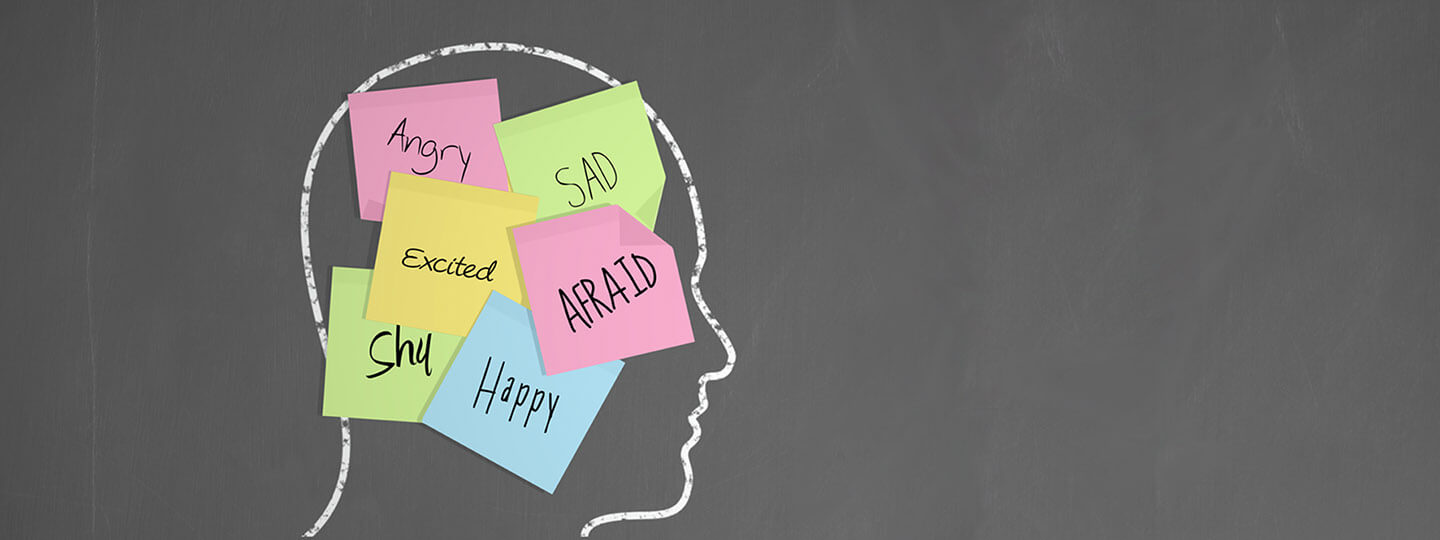Minding mental health for teachers during Covid-19
Minding mental health for teachers during Covid-19
Friday, 17 July 2020
Few teachers could have anticipated that they would have to work from home. This worldwide pandemic has made us change the way we live, interact and work.
Online limitations
For obvious reasons, teaching young people does not easily transition to the ‘working from home’ model. It’s impossible to recreate the conditions of the classroom online. Naturally, teaching is most effective when we can pick up an atmosphere, or notice the body language of a disinterested student.
While we expect young people to be comfortable with technology, online learning is new for many. We also cannot assume that students have the physical space and tech available for online learning all day long.
Recognise the limitations of online teaching and know that it’s not on you.
Managing expectations
Right now, we can only work within the constraints of online communication. So set expectations of yourself accordingly. Work out what a realistic expectation of your teaching role at the moment actually is.
If you are feeling pressure, ask yourself where is it coming from? It could be from parents, students, media or from yourself. Schools and teachers nationwide are responding to Covid-19 their own way. Every student needs a different level of support and responses can’t be streamlined. Link in with another school or teacher for advice on how they’re managing. But, also be mindful if it’s placing you under more pressure that’s unhelpful. Recognising the sources of pressure can help us to understand how to challenge and manage it.
Circles of control
At a time when anxiety and stress is high, it can be helpful to identify what is, and what is not, within your control. We know from working with teachers that one of their biggest fears right now is not hearing back from students.
There are a lot more things we can’t control now that all of our communication with students is digital. We cannot control how often, or how openly, students choose to interact with us. How a student chooses to deal with pressure and isolation is not within our control. Accepting these things gives us permission to focus on what we can control. What we can control is how we communicate with students and support them during this uncertain time.
>> Read more about supporting young people to deal with the current situation.
Worried about students
If you are particularly worried about vulnerable students with chaotic home lives, it is significantly challenging as the options to provide support are restricted. Students who are disengaging from school work can also be a concern. Identify what you can control within the situation, and try to let go of what you cannot. Providing regular check-ins, with whatever means possible, can be extremely helpful for students. It can make them feel reassured and connected with school. Even if they cannot or do not respond, they may appreciate knowing that you tried.
>> Send links to online support and information or signpost students to free and accessible support services open to them during Covid 19.
Revisiting your own self-care
Our working routines have changed dramatically, as have the needs of our students. Supporting your own mental health may be the last thing on your mind, but it is essential. It is not possible to be a supportive presence for students if you are not taking care of yourself. Prioritise a time and space to check in with yourself as you figure out this new way of working. You may find that the self-care activities that helped you before, are no longer available to you. Try to be creative in developing some new means of support. Try to set up a weekly online elevenses with fellow teachers, or practise a short online yoga class.
Providing support and education to young people during a worldwide pandemic is exactly as challenging as it sounds. Remember to be patient with yourself and your students. We’re all doing our best.
>> Check out this webinar recording about self-care for teachers.






